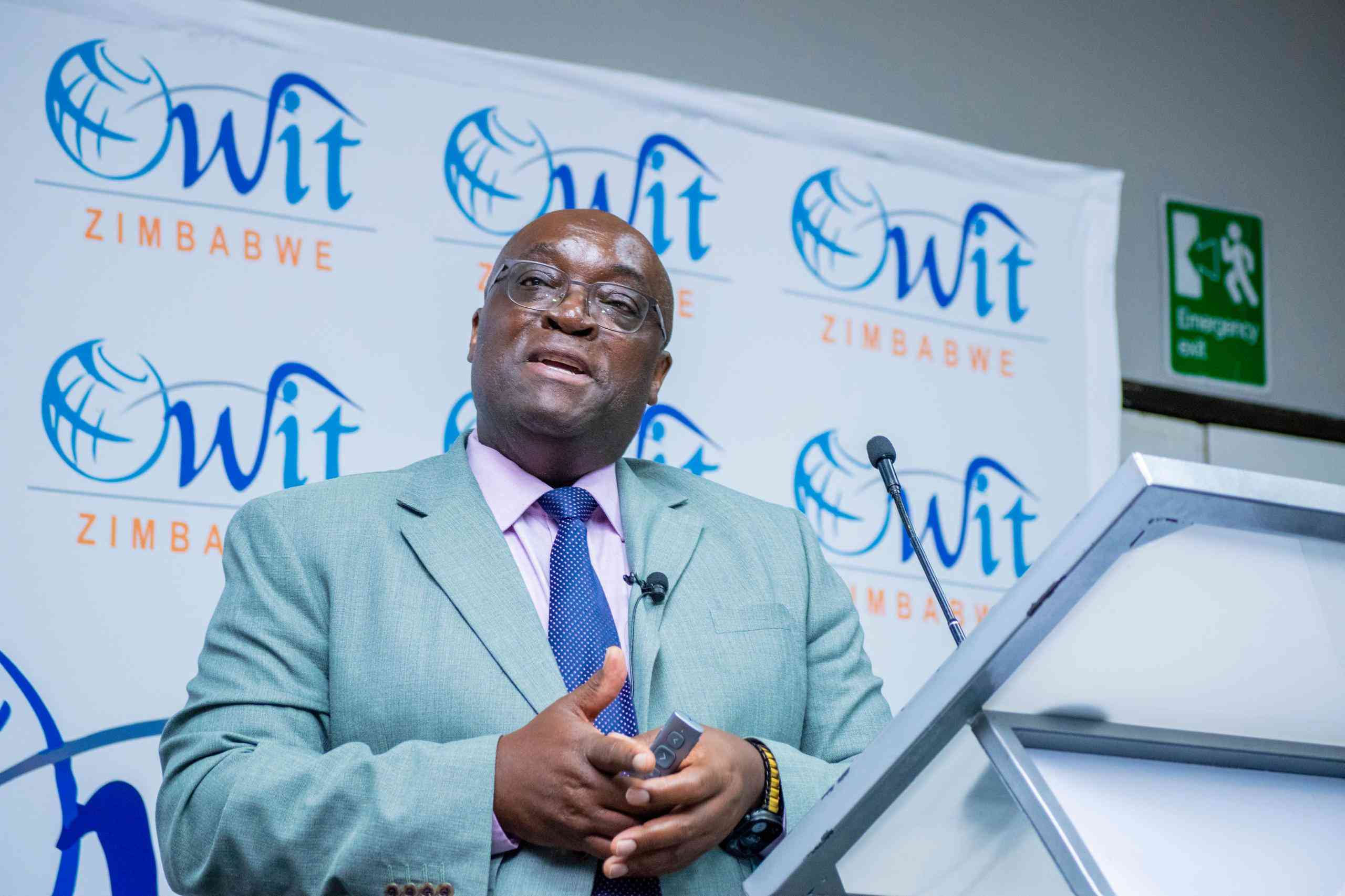
The Financial Intelligence Unit (FIU) has called on Zimbabwe’s real estate industry to strengthen its mechanisms for detecting illicit financial flows (IFFs).
A senior official warned that the sector was morphing into a hotspot for transactions that divert substantial funds from the economy.
In an interview with Standardbusiness, FIU director-general Oliver Chiperesa said Zimbabwe’s booming informal sector, coupled with high cash transactions in property sales and other trades, was increasingly being used as a laundromat for illicit funds.
He explained that cash-heavy transactions were finding their way into property, vehicles, and other high-value assets.
“What we then do is to try to look at the manifestations of those cash transactions,” Chiperesa said.
“They normally manifest themselves through the purchase of high-value assets such as real estate and cars, which is why you have us in the National Risk Assessment (NRA) report focusing on supervising real estate agents to see where the cash is coming from.
“The real estate agents must also implement anti-money laundering measures,” Chiperesa said.
In recent months, Treasury rebased the economy to a valuation of US$45,7 billion, with the Zimbabwe National Statistics Agency reporting that 76,1% of economic activity is informal. The staggering percentage has made regulation a major challenge.
- New perspectives: Money laundering red flags in insurance sector
- New perspectives: Combating money laundering in real estate
- New perspectives: How Zimbabwe can effectively fight money laundering
- New perspectives: Combating money laundering and terrorist financing
Keep Reading
“What enables this vulnerability, mainly a cross-cutting issue, is the high level of informalisation of our economy and the predominance of cash transactions, which make some of the transactions harder to detect,” Chiperesa said.
Analysts warned that deep rooted informality, cultivated over a long period, is fast becoming a serious threat to economic growth.
In July, the FIU reported a surge in companies diverting foreign currency into cash-heavy businesses and relying on directors and couriers to move funds outside formal channels. Investigations revealed that some firms were channelling forex earnings into personal accounts, withdrawing the proceeds in bulk, and stashing the cash in safe deposit boxes.
Others were funnelling large sums to fuel dealers and basic goods retailers, such as sugar and cooking oil merchants, to convert electronic balances into hard cash.
The FIU estimates that Zimbabwe has lost US$6,15 billion to money laundering related crimes over the past six years, with car dealerships, gold smugglers, and large corporations among the key enablers.
Chiperesa explained that anti-money laundering authorities often trace how cash circulates in the economy, as part of work towards combating illicit financial flows.
Currently, the central bank estimates that at least US$2,5 billion in hard cash circulates within the informal economy, a figure recorded when informality accounted for 60% of all economic activity.
With the sector now generating more funds annually, according to the bank, it has become one of the country’s largest sources of undocumented transactions, further complicating efforts to police IFFs.
Under the current framework, the FIU cannot directly enforce the adoption of electronic payments or the use of the Zimbabwe Gold to reduce cash transactions and improve traceability.
“But what we do is to follow through on those cash transactions where they then manifest themselves,” Chiperesa said.
He emphasised that the purpose of the NRA is to identify activities generating IFFs.
“The whole purpose of an NRA is simply to identify and assess which major illicit activities in the country are generating the greatest illicit financial flows going into the pockets of criminals and their associates,” Chiperesa said.
“So this is where we look at the major financial crimes that generate those illicit proceeds.”
He stressed the government’s policy refinements under the National Development Strategy (NDS) 2, the economic blueprint currently being formulated for the 2026 to 2030 period.
“As you heard from the deputy minister (of Finance, Economic Development, and Investment Promotion David Mnangagwa), he advised that in the NDS2 there are going to be refinements of policies and measures to move towards encouraging formalisation of businesses,” Chiperesa said.
“So, I am quite sure that the government is aware of the need to put in place policies and measures that encourage formalisation, as the minister assured us.
“So as anti-money laundering authorities, we want to support those policies and initiatives because they help us on our side to be able to track transactions and be able to tackle illicit activities.”











